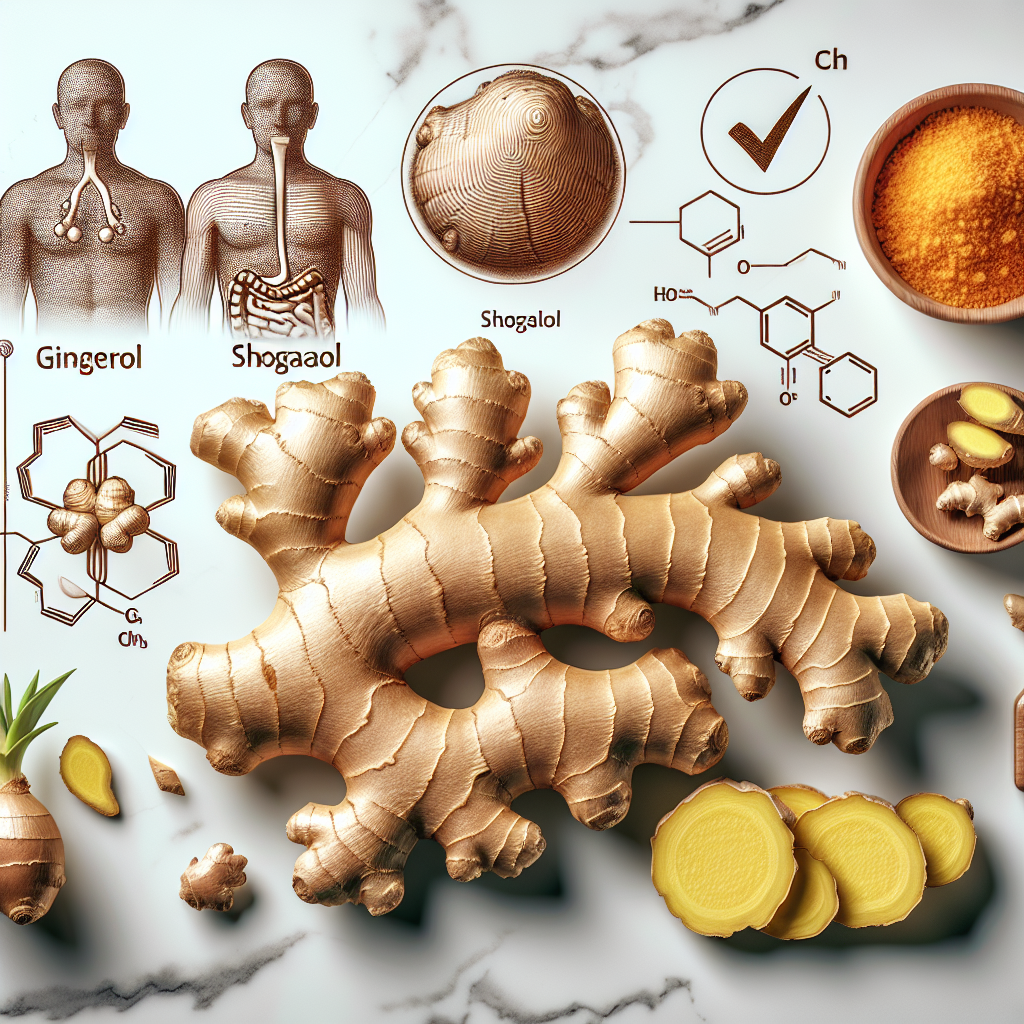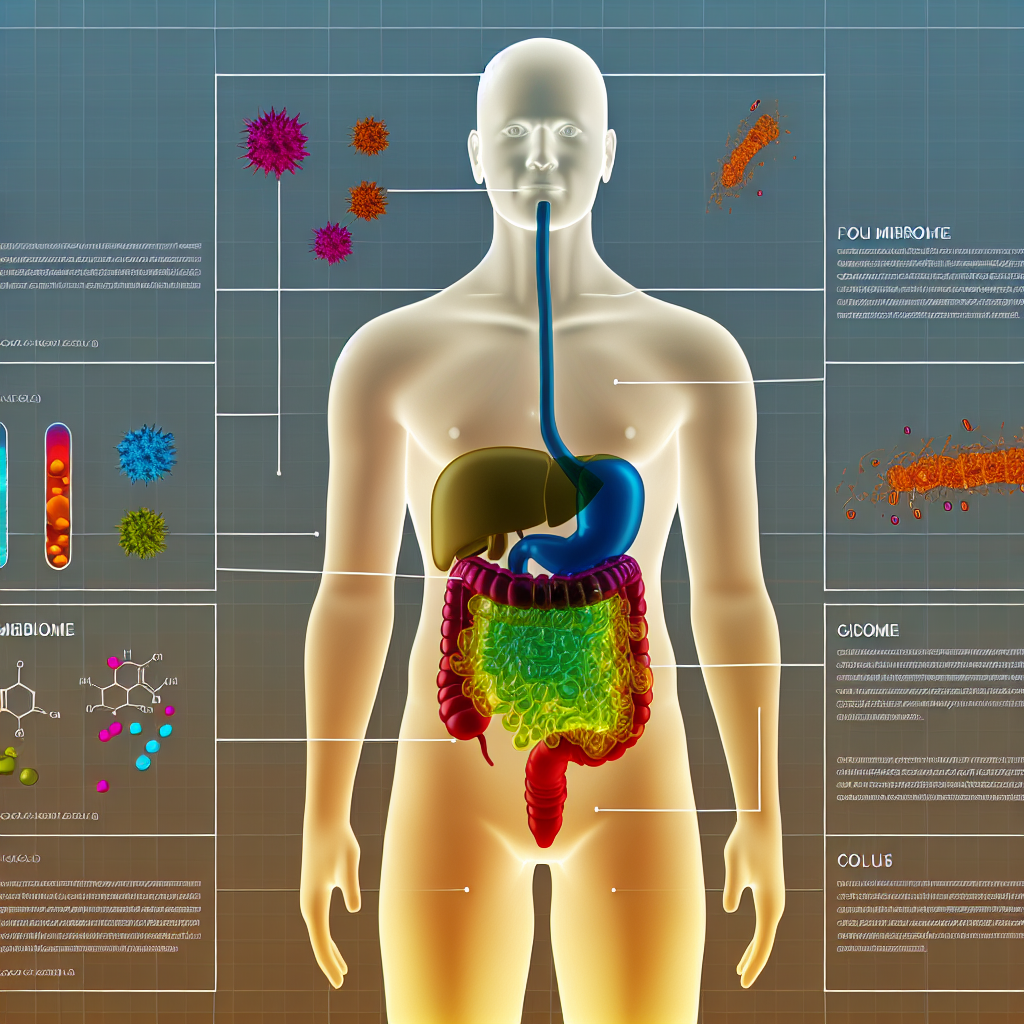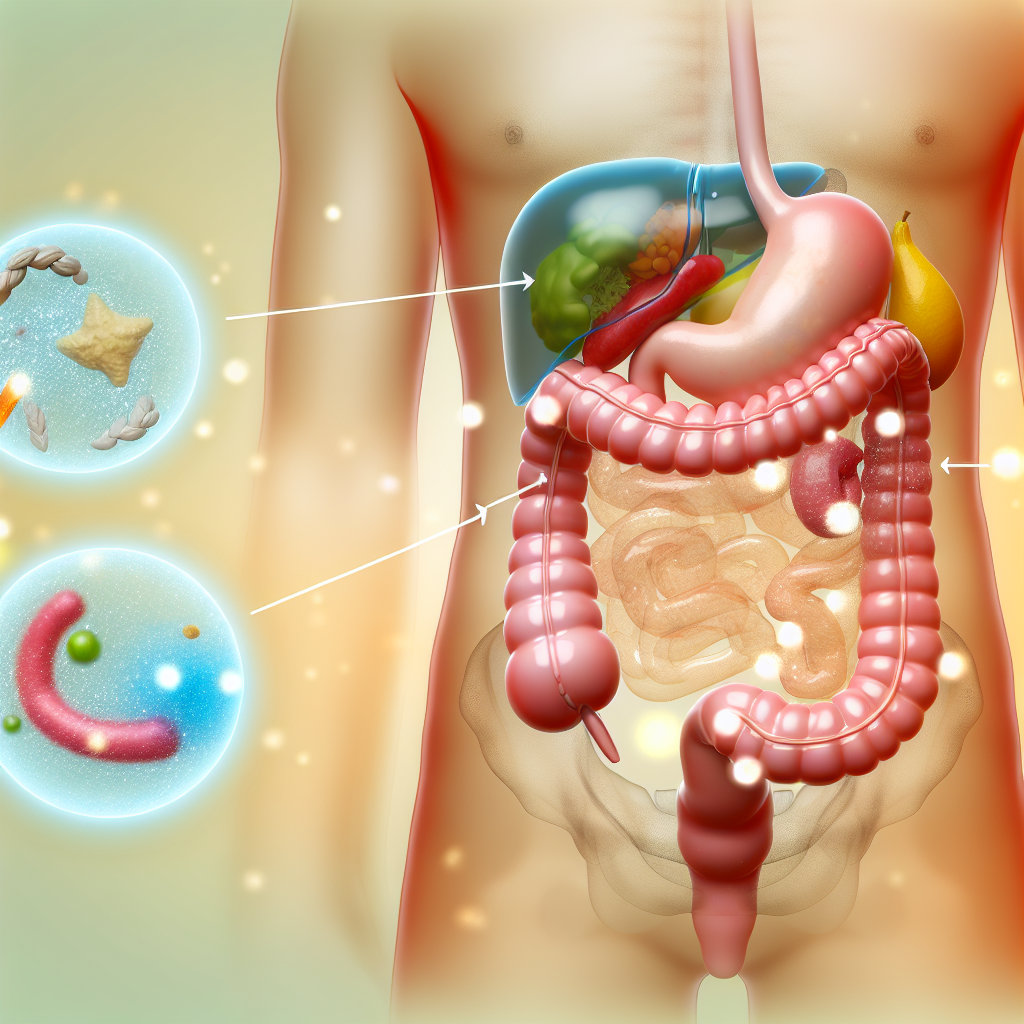# How Mold Exposure Disrupts Gut Health and Immune Regulation
Uncover the hidden ways environmental mold affects your gut microbiome, immune system, and overall well-being—and what you can do to recover naturally.
## Introduction: The Hidden Danger Lurking in Damp Corners
In recent years, increased attention has been paid to the connection between environmental toxins and gut health, particularly mold exposure. Mold is a type of fungus that thrives in damp, poorly ventilated environments such as bathrooms, basements, and even hidden behind walls where water damage has occurred. When inhaled or ingested—intentionally or unintentionally—mold spores can wreak significant havoc on human health. One overlooked effect of mold exposure is its detrimental impact on the gut microbiome and immune system.
The gut is often referred to as the “second brain” due to the vast network of nerves and its profound influence on overall wellness. A balanced gut microbiome is essential for digesting food, synthesizing vitamins, regulating immunity, and protecting against pathogens. However, persistent exposure to environmental mold can throw this delicate ecosystem off balance. Mold species such as Aspergillus, Penicillium, and Stachybotrys chartarum (black mold) release mycotoxins—poisonous compounds that can be inhaled, ingested, or absorbed through the skin. These mycotoxins disrupt the gut lining, leading to increased intestinal permeability or “leaky gut,” which can trigger inflammation and immune dysregulation.
Moreover, chronic mold exposure can contribute to symptoms such as fatigue, brain fog, bloating, skin rashes, and food sensitivities—signs commonly associated with gut and immune imbalances. Current research indicates that individuals with compromised gut health may be more susceptible to the harmful effects of mold, indicating a two-way relationship between gastrointestinal integrity and environmental exposure.
In a world where nearly one in four homes in the U.S. is estimated to have mold problems, understanding this connection isn’t just a niche health topic—it’s a widespread public health concern. Fortunately, natural and herbal treatments offer promising support in detoxifying the body, restoring gut flora, and enhancing immune resilience. This article will explore how mold exposure affects the gut and immune system, what modern research reveals, and holistic strategies to foster recovery and resilience.
## The Science Speaks: What Studies Reveal About Mold’s Impact on Gut & Immune Health
Scientific literature is increasingly recognizing the systemic effects of mold and mycotoxins on human health, particularly concerning the gut and immune system. A pivotal 2017 study published in the journal Mycotoxin Research examined the role of mycotoxins in intestinal barrier disruption. Researchers found that mycotoxin exposure, especially aflatoxins and ochratoxins from mold-contaminated food, significantly alters gut microbiota composition and impairs tight junction integrity in the intestinal lining, leading to increased permeability—commonly referred to as “leaky gut” syndrome. This breach allows toxins and undigested food particles to enter the bloodstream, stimulating chronic inflammation and immune challenges.
Additionally, a 2021 review in Frontiers in Immunology emphasized how mold-related mycotoxins suppress immune cell activity while simultaneously increasing pro-inflammatory cytokine production. This paradoxical impact drives immune dysregulation, predisposing individuals to autoimmune symptoms, allergies, and recurrent infections. It is particularly relevant in those with underlying gut imbalances or genetically predisposed detoxification weaknesses.
Another breakthrough study from Toxins (2020) observed that exposure to specific mycotoxins such as deoxynivalenol (DON) led to decreased levels of beneficial bacteria like Lactobacillus and Bifidobacterium species in mice, which are crucial players in maintaining gut health and modulating the immune response. This microbial shift not only affects digestion but also influences serotonin production, a neurotransmitter mostly synthesized in the gut that affects mood and cognition.
Emerging evidence also supports the bidirectional nature of the gut-immune-mold axis. For instance, individuals with compromised gut barriers are shown to absorb higher levels of inhaled or ingested mycotoxins, which amplifies systemic inflammation. Moreover, a study in Environmental Research (2019) found that chronic mold exposure correlates with elevated markers of systemic inflammation such as C-reactive protein (CRP) and interleukin-6 (IL-6), further implicating mold in triggering widespread immune system activation.
These data underscore the critical interaction between mold toxins and the complex gut-immune ecosystem. It becomes clear that treating mold-related illness isn’t just about removing environmental sources—it also requires repairing and nurturing the gut microbiome to restore systemic equilibrium.
## Gut Integrity Is Key: Toward a Holistic Recovery Strategy
The gut-immune system operates as a finely tuned network, and mold exposure represents a significant environmental disruptor of this balance. With growing evidence linking mycotoxins to gut dysbiosis, systemic inflammation, and immune imbalances, it’s more important than ever to prioritize gut health in mold remediation protocols.
While medical treatments for mold toxicity exist, a natural and integrative approach that includes herbal remedies, dietary strategies, and detoxification support can provide substantial relief and resilience. Rebuilding the gut barrier, replenishing beneficial microbes, and reducing inflammatory triggers can empower individuals to not only recover from mold exposure but thrive in their daily lives. Prioritizing clean air, digestive health, and supportive therapies is a proactive solution to an increasingly pervasive problem.
## References
1. Nazari, F., et al. (2017). The Impact of Mycotoxins on the Intestinal Barrier and Gut Microbiota. Mycotoxin Research.
2. Venkataramana, M., et al. (2021). Immunotoxic Effects of Mycotoxins: Mechanisms and Potential Interventions. Frontiers in Immunology.
3. Pinton, P., & Oswald, I. P. (2020). Effect of Deoxynivalenol and Other Type B Trichothecenes on the Intestinal Microbiota. Toxins.
4. Zhang, Y., et al. (2019). Indoor Exposure to Mold and Dampness and Its Association With Systemic Inflammation. Environmental Research.
5. Fasano, A. (2012). Leaky Gut and Autoimmune Diseases. Clinical Reviews in Allergy & Immunology.
Concise Summary:
Mold exposure can significantly disrupt the gut microbiome and immune system, leading to increased intestinal permeability, chronic inflammation, and immune dysregulation. Scientific studies show that mycotoxins from mold alter gut barrier function, suppress immune cells, and promote an inflammatory response. To recover from mold-related illness, it’s crucial to prioritize gut health through natural and integrative strategies that rebuild the gut lining, replenish beneficial bacteria, and enhance immune resilience.

Dominic E. is a passionate filmmaker navigating the exciting intersection of art and science. By day, he delves into the complexities of the human body as a full-time medical writer, meticulously translating intricate medical concepts into accessible and engaging narratives. By night, he explores the boundless realm of cinematic storytelling, crafting narratives that evoke emotion and challenge perspectives.
Film Student and Full-time Medical Writer for ContentVendor.com




